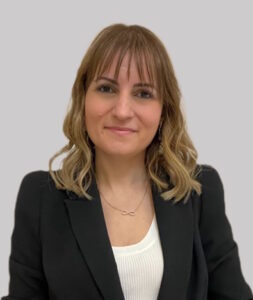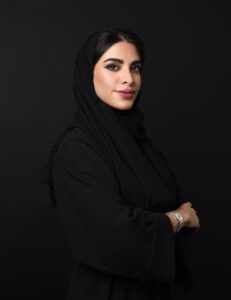While patient advocacy is still less prevalent in the United Arab Emirates (UAE) than in other parts of the world and there are no UAE patient organisations among the World Patients Alliance’s almost 400 members, the voice of patients in the UAE is becoming louder and beginning to get heard by both the pharma industry and legislators. Despite the persistence of the stigma surrounding disease and the lack of generalized awareness, patient advocacy groups such as Fareed Health Consultancy and Friends of Cancer Patients (FoCP) are making valuable contributions to the field.
Without a Voice
The idea of patient advocacy is still relatively new to the UAE, particularly in the field of rare diseases. “Eight years ago, my eldest daughter was diagnosed with a rare disease. Back then, rare diseases were seldom spoken about in the UAE and no society or organisation existed to raise awareness about them,” says Youmna Ouraybi Ghaziri, co-founder of Ana Fareed Health Consultancy, a patient advocacy group that gives voice to rare disease patients in the Middle East.

Rare diseases were seldom spoken about in the UAE and no society or organisation existed to raise awareness about them
Youmna Ouraybi Ghaziri, Ana Fareed Health Consultancy
For Ouraybi Ghaziri there are two main societal factors behind the lack of a patient voice: social stigma and the lack of resources. “Firstly, the stigma and taboo that comes with a diagnosis. My daughter and I had to show people that living with a rare condition is not something to be ashamed of. Secondly, many lack the tools to do so, such as the confidence to do public speaking or the education on how to go about it.”
Yet these are not the only factors that make it difficult for UAE patients to speak up as Aisha Abdulla Al Mulla, director at Friends of Cancer Patients (FoCP), a non-profit organization that builds awareness and advocates for improved access, cancer research and funding, asserts. “Cancer casts a great burden on patients and can often cause additional challenges like financial burden, limited access to specialised care, stigma, and psychological distress.”
Industry and Government Involvement
Beyond the difficulties of patients themselves, up until recently, according to Ouraybi Ghaziri, the UAE pharma industry was not very receptive to patients, something that is starting to change. “At first, there may have been some hesitancy, but once they understood how our mission’s role is to empower patients, they were very supportive.” This hesitancy has shifted to involvement as many companies supported the Ana Fareed Thumb Print Challenge for Rare Disease Day 2023 and for Ouraybi Ghaziri building a link with company stakeholders is essential to patient-driven innovation. “In places like Europe and the US, the patient voice is the strongest and their needs drive innovation.”

Through our efforts, public and private stakeholders are becoming increasingly open to conversations with patient advocacy groups such as ours
Aisha Abdulla Al Mulla, Friends of Cancer Patients
In Abdulla Al Mulla’s view, one of the roles of her organisation is to act as a mediator between patients and both public and private stakeholders in order to foster their receptivity: “FoCP acts as a mediator, bridging the gap between cancer patients and relevant stakeholders to ensure their concerns are addressed and their voices are heard. Through our efforts, public and private stakeholders are becoming increasingly open to conversations with patient advocacy groups such as ours.”
As a result of these efforts, she feels that government too has become more responsive and made moves to involve patient advocacy groups in their decision-making. “In the UAE, there has been positive progress in involving patient groups in policy-making and drug reimbursement decisions.” The government’s responsiveness to patient input has also become evident through a number of public initiatives, she claims. “The UAE government has shown a strong commitment to addressing cancer through initiatives such as the UAE Cancer Control Plan.”
Ouraybi Ghaziri is also positive about the changes underway: “I am confident that our stories will inspire policymakers to adopt new policies that govern more rights for the rare disease community.”
More to be Done
Despite the major strides these and other organisations have made and the increased willingness of legislators and the private sector, there is still a great deal of work to be done around patient advocacy in the UAE. Abdulla Al Mulla expressed the need for more official means for patient participation in the policy-making process. “Further steps are needed to establish formal channels for patient advocacy groups to actively participate in discussions and collaborate with policymakers.”
Ouraybi Ghaziri considers that a patient registry system would be an important tool. “We need a national patient registry for the UAE; governed by all the different stakeholders; the government, pharmaceutical companies, and the medical and patient community.” In addition, these efforts could be expanded outside of the UAE to the larger Gulf region. “I want to extend more bridges of awareness and advocacy across the GCC to make this a wide register so there is no fragmentation in the regions and all patients are accounted for.”



